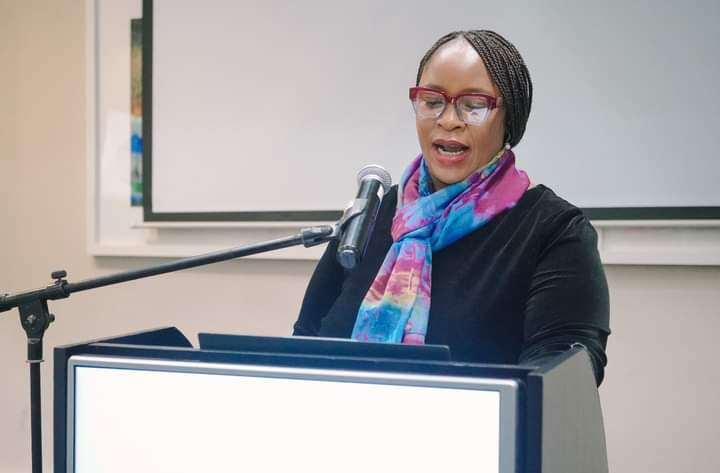Seabata Mahao
The Lesotho Competitiveness and Financial Inclusion (CAFI) project plans to enlarge the current scope of the textile sector to include the pre-production and post-production stages.
The move aims to increase the sustainability of the textile sector, which currently limits its production scope to cut, make, and trim (CMT) and relies on imported inputs.
This was highlighted by the CAFI Project Deputy Implementation Manager, ‘Makali Nathane during a recent media workshop to familiarise journalists with the project.
Nathane said they were seized with expanding the textile and apparel global value chains based on the priority needs of the country as articulated in the extended National Development Strategic Development Plan (NSDP) II.
“Our industry relies on the CMT only, which is the second stage of the production line whereby we receive materials after pre-production, then we produce and then export for post-production,” she said.
“The textile workers only specialise in certain parts of the production where one specialises in knitting zips, shoulder-pads, pockets, and others but they have no special skills in terms of design from scratch.”
Nathane also suggested that part of the reasons why many factories have been closing down in Lesotho is due to the instable of the industry owing to its reliance on the narrow CMT scope.
“So the government of Lesotho through CAFI has decided to increase the global value chains so that everything relating to the textile products will be completed within Lesotho.”
She said the project is targeting about 50 percent of existing firms to receive assistance through skills, vertical integrations, and production by the end of the seven-year project. Nathane further revealed this work would be done by working with the Lesotho National Development Corporation (LNDC).
“These textile firms are going to get the enhancement support, and social compliance to restore the dignity of Lesotho’s market globally. The government now embraces the International Labour Organisation (ILO) and International Trade Centre’s (ITC) (sustainability, competitiveness, and responsiveness of enterprises) ‘SCORE’ programme,” Nathane stated.
On his part, Chaba Mokuku, CAFI’s Project Manager said going forward they intended to provide the media with quarterly updates on the project implementation.
“We want to take the media along on this exciting journey of implementing this project. The success of this project depends much on how its objectives, implementation, progress, and impact are communicated to the nation,” Mokuku said.
The CAFI project is funded by the World Bank and the GOL. It is founded on three mutually reinforcing pillars; enhancing financial inclusion and resilience of MSMEs, scaling support for entrepreneurship and MSMEs, and project management support.




